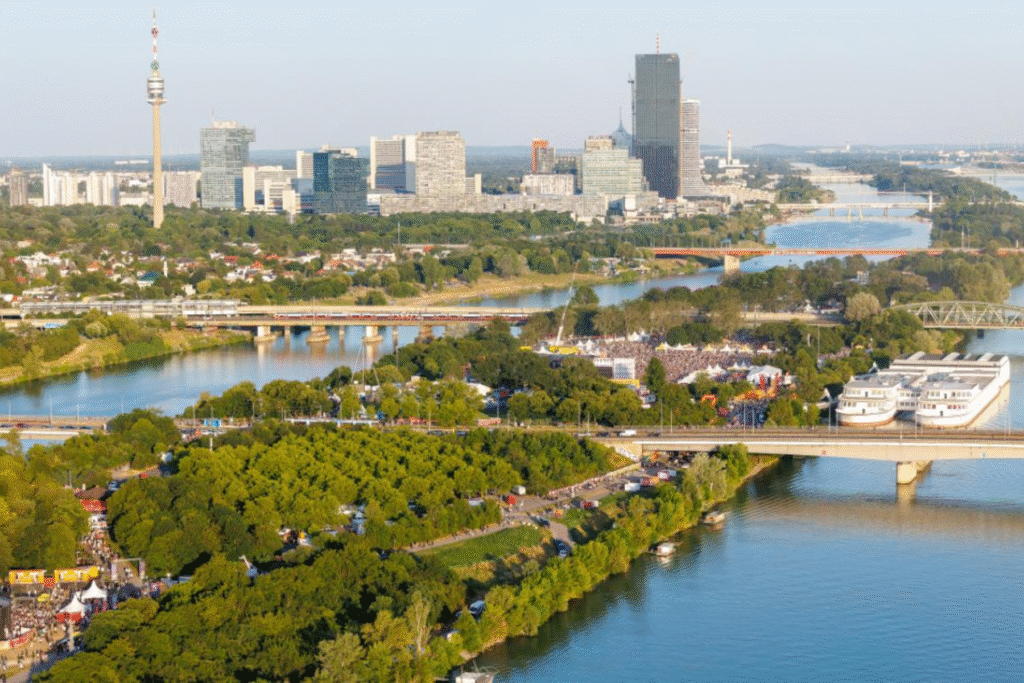
Vienna is celebrating a drop in CO₂ emissions of almost six percent compared to 2024. This is according to the short-term forecast (“Nowcast”) released on Saturday by City Councillor for the Environment Jürgen Czernohorszky (SPÖ) and prepared by the Environment Agency Austria. The forecast predicts a 5.8 percent reduction, which would be significantly higher than the national average decrease of 2.6 percent. The decline in the federal capital affects all sectors except agriculture.
Emissions in the transport sector fell by 2.6 percent, representing the largest absolute decrease in generated greenhouse gases. The energy sector saw a reduction of 14.3 percent, attributed to a decline in gas power plant activity by Wien Energie. Emissions from buildings were down by three percent, industry by 0.8 percent, waste management by 1.0 percent, and fluorinated gases by 5.4 percent. Agriculture, however, produced one percent more greenhouse gases than the previous year.
Mayor Michael Ludwig (SPÖ) announced that the city would not rest on its success: “In April, we became the first federal state to pass a climate law, and we remain committed to consistent and ambitious climate protection.” Czernohorszky emphasized: “The decline in emissions means cleaner air, better health, and a high quality of life in Vienna. Measures in all areas—such as the green space initiative, solar energy expansion, and circular economy efforts—help ensure that we can enjoy a good life in the city of Vienna.”

